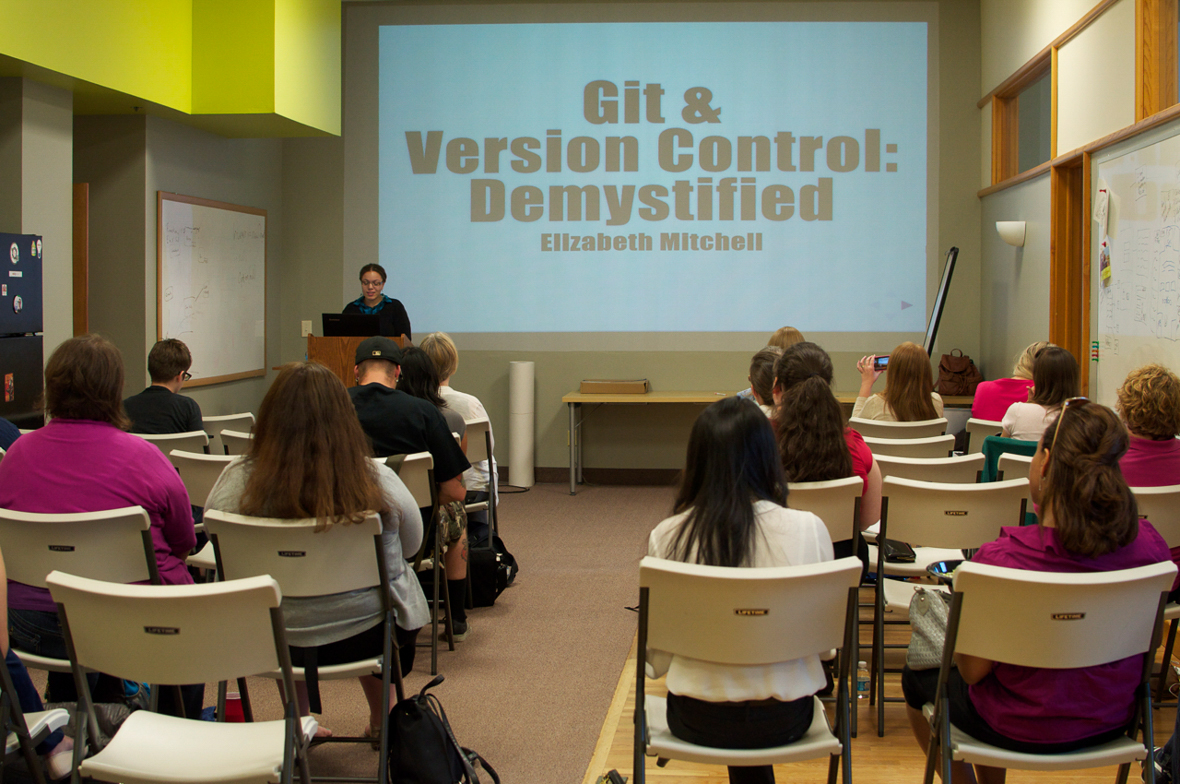Article summary
After deciding to explore a career in software development, I recognized that, beyond general programming experience, I had no real exposure to the industry. I didn’t know anything more than a surface-level description of the job title. I lacked knowledge about the culture, trends, and lingo of the industry. I wanted to gain exposure, but since I come from a small non-technical community, I had to get creative.
In this post, I want to share some tools that you can use to begin familiarizing yourself with trends, topics, and culture of different communities in the industry. These are all common platforms and practices that I have leveraged to accomplish my goals, and more recently, to jump into other new topics that I encounter.
Twitter gave me the most effective way of gaining exposure to the software development culture and community. After creating a fresh Twitter account, I followed exclusively tech-related accounts. Then I allowed my natural social media addiction to take over; any time I opened Twitter, I would be inundated with topical content.
The key to this approach is being comfortable with the fact that not everything will make sense right away. I tend to be more of a wallflower on Twitter, not interacting with those I follow. However, just reading my feed regularly made me much more familiar with the trends, topics, and terminology of the community.
The hardest part of using Twitter in this way is just getting started. If you aren’t familiar with the community, how will you know which accounts to follow?
My advice is to start broad. Find any foothold you can. Perhaps it’s a well-known company in the field, someone you have seen blogging on the topic, or simply the top search result for a topic. Then allow the social network to work for you. Look at the people and organizations that those accounts follow, interact with, and retweet most often.
Be sure to curate your own feed too. Prune out off-topic accounts, and follow the ones that you see retweeted frequently. Especially be wary of toxic users. Getting pulled into toxic interactions can cast a bad–and possibly inaccurate–shadow on the community.
Conferences/Meetups
I didn’t get to utilize meetups as much as I would have liked. It is easier to find these events in big cities with thriving tech communities. These sorts of events are typically aimed at more general topics, but they can be a great way to network with interesting people and spark more targeted conversations. If your goal is to form a personal, in-person network, this is a wonderful option.
I found that attending conferences was a great way to learn about the trends in technology and see cutting-edge demonstrations of what is out there. However, I always felt that the fast-paced environment at conferences can make forming meaningful connections difficult. Additionally, conference admission prices can be a deterrent to some people.
Meetups, especially those associated with conferences, are significantly more laid-back and networking-oriented. These events, which are often held at bars near the conference venue, can be a great way to experience the culture of the community first-hand without paying for conference admission. Chatting with the people there about their interests, projects, and thoughts on presentations of the day can give you an impression of the conference.
I didn’t consciously use Reddit to gain exposure to software development; it was a convenient by-product of my favorite form of procrastination. The best part of using Reddit to explore a new community is the wide variety of subreddits for every topic. For example, when I was looking into software development, I subscribed to the generic r/softwaredevelopment subreddit as well as a handful for various tools, topics, and languages that interested me, such as r/vim, r/functionalprogramming, and r/javascript.
I found that Reddit seems to be better for learning “tricks of the trade” and less for culture and networking. Because of this, I used the semi-anonymity of Reddit to spark discussions on questions and topics that I self-consciously thought might be too silly or naive to talk about in person.
One thing to watch out for in these sort of communities is the reliability of the other users. The same anonymity that allowed me to ask my apprehensive questions also allows ignorant users and trolls to speak with absolute confidence.
These are the tools and tricks that worked for me. Not everyone will find success the same way I did, but I hope some readers can. Whether you’re a college student looking into software development or a seasoned developer trying to understand a new community, these tips might be worth a shot.

